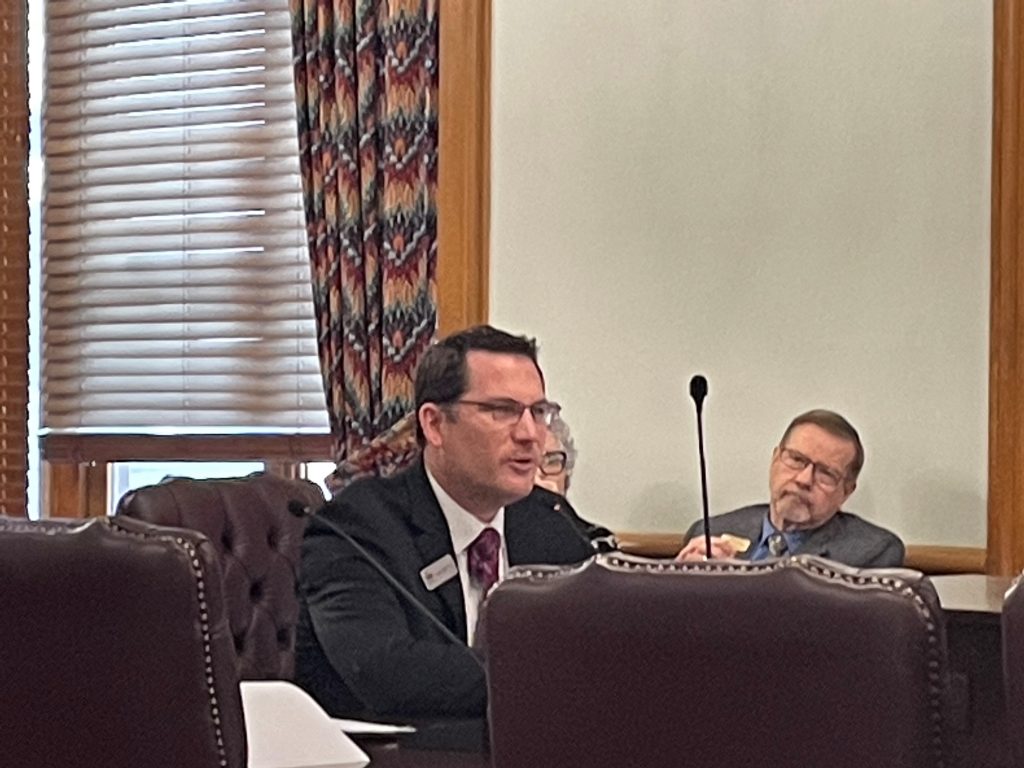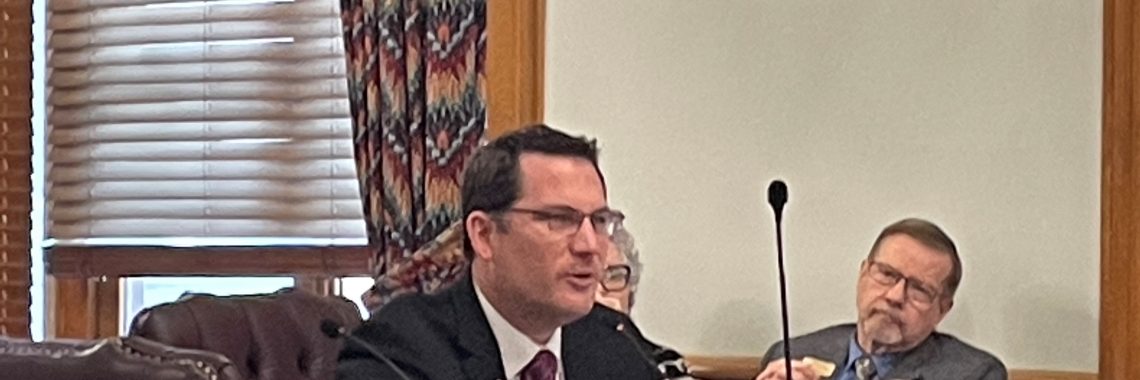Bill That Could Expand Public Drinking Fails in Senate Committee

On Tuesday a bill that could expand public drinking in “entertainment districts” in Arkansas failed to pass in the Senate City, County, and Local Affairs Committee.
H.B. 1024 by Rep. David Ray (R – Maumelle) and Sen. Matt McKee (R – Pearcy) eliminates the provision in Arkansas law that restricts public drinking in “entertainment districts” to cities and towns that collect advertising and promotion taxes on hotels, restaurants, and similar businesses.
The tax provision in current law helps make sure that communities establish “entertainment districts” in areas where the hospitality and tourism industry is present.
Under H.B. 1024, communities could authorize public drinking in entertainment districts even if the community does not cater toward hospitality and tourism.
That has the potential to expand public drinking across the state.
On Tuesday H.B. 1024 was presented in the Senate City, County, and Local Affairs Committee. Following testimony from members of the public and questions from the senators, the bill failed by a vote of four to four.
The bill could be presented in the committee again at a later date.
Public drinking is a scourge in our state, and we are grateful to the members of the Senate City, County, and Local Affairs Committee for rejecting this bill that could expand public drinking in cities and towns across Arkansas.
Articles appearing on this website are written with the aid of Family Council’s researchers and writers.




